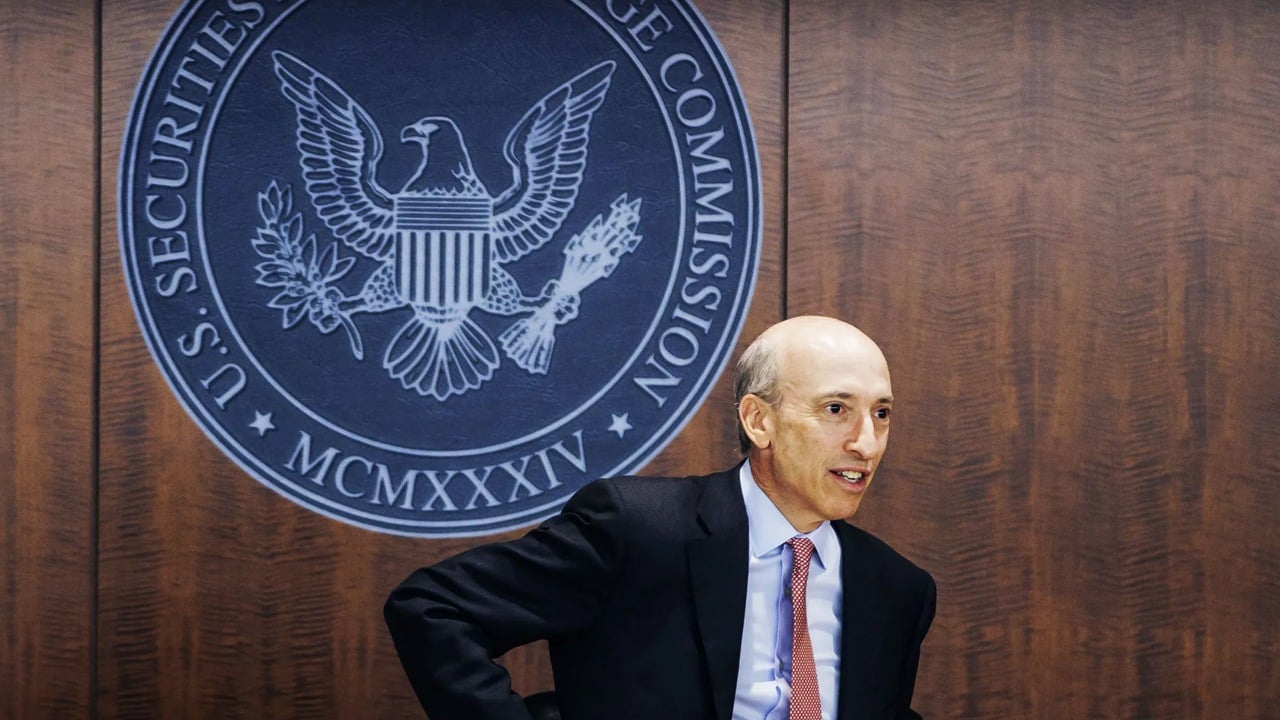A Singapore-based crypto exchange, Crypto.com, has declared that as of June 21, it will no longer provide its services to institutional clients in the U.S. The U.S. Securities and Exchange Commission (SEC), which recently filed litigation against significant exchanges Binance and Coinbase, had enhanced regulatory scrutiny at the time of this ruling. Retail investors can continue using the platform as usual, the exchange assures them.
SEC lawsuit impacts Crypto.com’s decision on U.S. services
According to a report from media houses, the Singapore-based crypto exchange Crypto.com will no longer provide its services to institutional clients in the United States as of June 21.
According to the company, this choice will not impact retail investors, who can continue using the United States platform, including Crypto.com’s CFTC-regulated UpDown Options.
The ruling was made the same week that the SEC filed a lawsuit against Binance and Coinbase on claims that they had broken securities laws. According to crypto reports, the exchange holds the US SEC responsible for the current gloomy state of the crypto industry.
Crypto.com is a well-known crypto exchange that offers services like trading, investment, staking, wallets, NFTs, and more. More than 250 different currencies are available on this exchange, along with affordable fees and discounts for CRO, the native currency of Crypto.com.
Despite regretting the drop in demand from institutional clients, the company promised that the retail market would not be affected. This shows a steady demand from this set of investors, or at the very least, there is enough demand to add value to the business.
It is important to note that Crypto.com will invest more money, resources, labor, and other input types when there is no demand for a product, even when it will not benefit from doing so. Dedicating more effort to the product that generates a return on investment while cauterizing such an outlet is the wisest course of action.
Regulatory crackdown raises concerns for institutional investors
Crypto.com has become the most recent victim of the conflict between the US SEC and American crypto exchanges. Following warnings from the SEC, Binance.US halted USD deposits. According to CNBC reports, on June 5, the federal regulator filed a lawsuit against Binance, the biggest crypto exchange by trading volume, and its CEO, Changpeng Zhao, alleging that they had broken the law by classifying BNB and BUSD as securities.
A day later, the oversight body sued Coinbase for allegedly running an unregistered security exchange. The Fear of Uncertainty and Doubt (FUD) continues to drag down the price of cryptocurrencies as the agency carries out its crackdown on crypto exchanges. In addition, it discourages institutional investors from taking a risk since they are worried about a repeat of the FTX crash, which cost investors money.
In addition, the regulator has already found similarities between Changpeng Zhao, the CEO of Binance, and Sam Bankman Fried, the former CEO of FTX, who transferred consumer assets to a controlled account.
U.S. crypto companies or consider exiting or expanding overseas
The government’s surge of enforcement actions against crypto companies is starting to reshape the sector. Coinbase has established a company in Bermuda. Gemini, a competitor company headquartered in New York, is seeking a license in the United Arab Emirates. And the Seattle-based exchange Bittrex has stopped operating in the United States.
An increasing number of U.S. cryptocurrency companies, particularly the exchanges where users can buy and sell digital tokens, are considering expanding their operations abroad after years of attempting to shape federal law in the United States. They are expanding into new markets while considering their options for exiting the nation altogether.
The actions are a response to an increasing law enforcement crackdown that has elevated the U.S. to the top of the list of countries with the strongest crypto regulations. The Securities and Exchange Commission asserted that Coinbase improperly promoted securities in a much-anticipated complaint filed against the exchange on June 6. The SEC sued the global cryptocurrency exchange Binance the day before to prevent its founder from trading on the U.S. securities market.
The enforcement marks a turning point for a sector that appeared to be gaining popularity among the general public only a year ago. With an anti-government mindset, cryptocurrencies were developed as a decentralized financial system that would function outside regulators’ control. However, when the market grew in 2021, cryptocurrency companies established a lobbying group.





